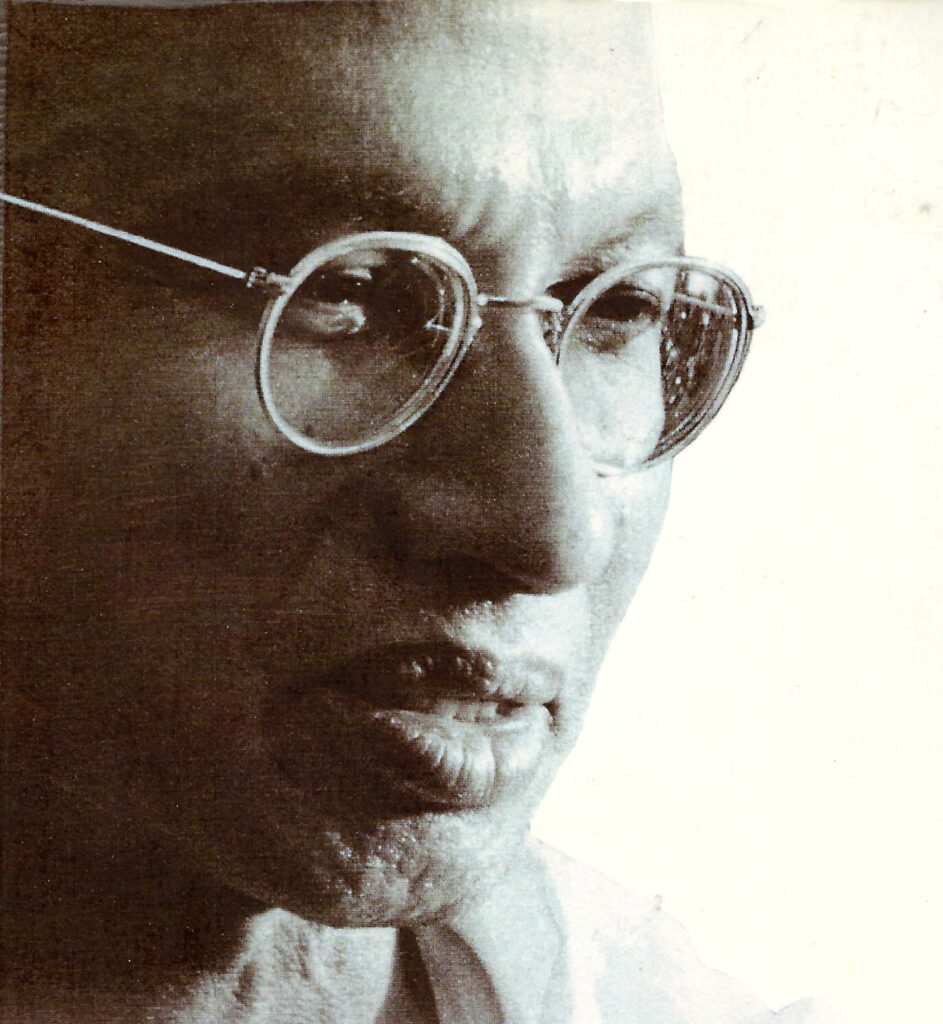Earlier this week, I shared some of Munindra’s teachings. Today, I want to pass on several observations of those who knew him and learned from him.
He was like a scientist who had just made a discovery and had to tell everyone what a wonderful thing he had found and how they could find it themselves. 30
Except for books and robes, he kept nothing for himself. 49
He wasn’t enrolling, proselytizing, fund-raising, self-promoting, or empire-building. 56
He was not self-righteously virtuous 64
Without even saying it, Munindra embodied in his being that it’s OK for you to be whoever you are, yet your goal is to be one with the Dharma. 81
He was an ordinary person who wasn’t an ordinary person. 82
When you came in front of him, he was deeply interested; there was no sham or superficiality about him. 83
His style was more to invite you to experiment and experience. 83
You get thirty seconds with some teachers, but you could hang out with Munindra-ji. If you only saw the personality, he was this kind of odd little gentleman who had a lot of peculiarities. 84
He wanted to study the Dharma thoroughly: day after day, month after month, year after year 101
He was filled with love for his students because they were his children. He was always extremely available, always happy to see you. He would sit down on the floor and hang out with you. I always appreciated that about him. 132
His default setting was joy, not despondency or querulousness 171
Munindra-ji loved books, a great passion of his life… 183
Munindra only talked about Dhamma, nothing else. 196
You trusted him because he was carrying a lot of intelligence, history, tradition, and he knew it backward and forward. 197
He memorized and recited the teachings, examined and discussed them. He avoided and abandoned the unwholesome, and developed and maintained the wholesome; spoke of Dharma or held noble silence; focused on the arising and passing away of five aggregates. 196

–Mirka Knaster, Living This Life Fully: Stories and Teachings of Munindra